Blog
Happy Canada Day from Trico LivingWell
June 27, 2025
At Trico LivingWell, we’re incredibly grateful for the continued support of our residents, their f...
Our blogs or helpful articles, active lifestyle tips, and interesting stories are written by our team at Trico LivingWell!
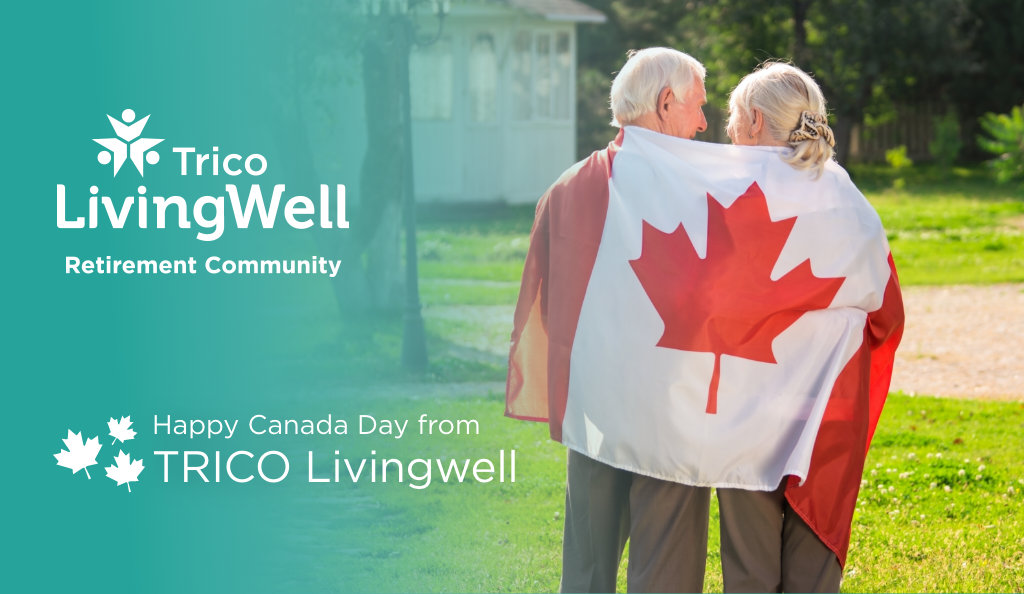
At Trico LivingWell, we’re incredibly grateful for the continued support of our residents, their f...
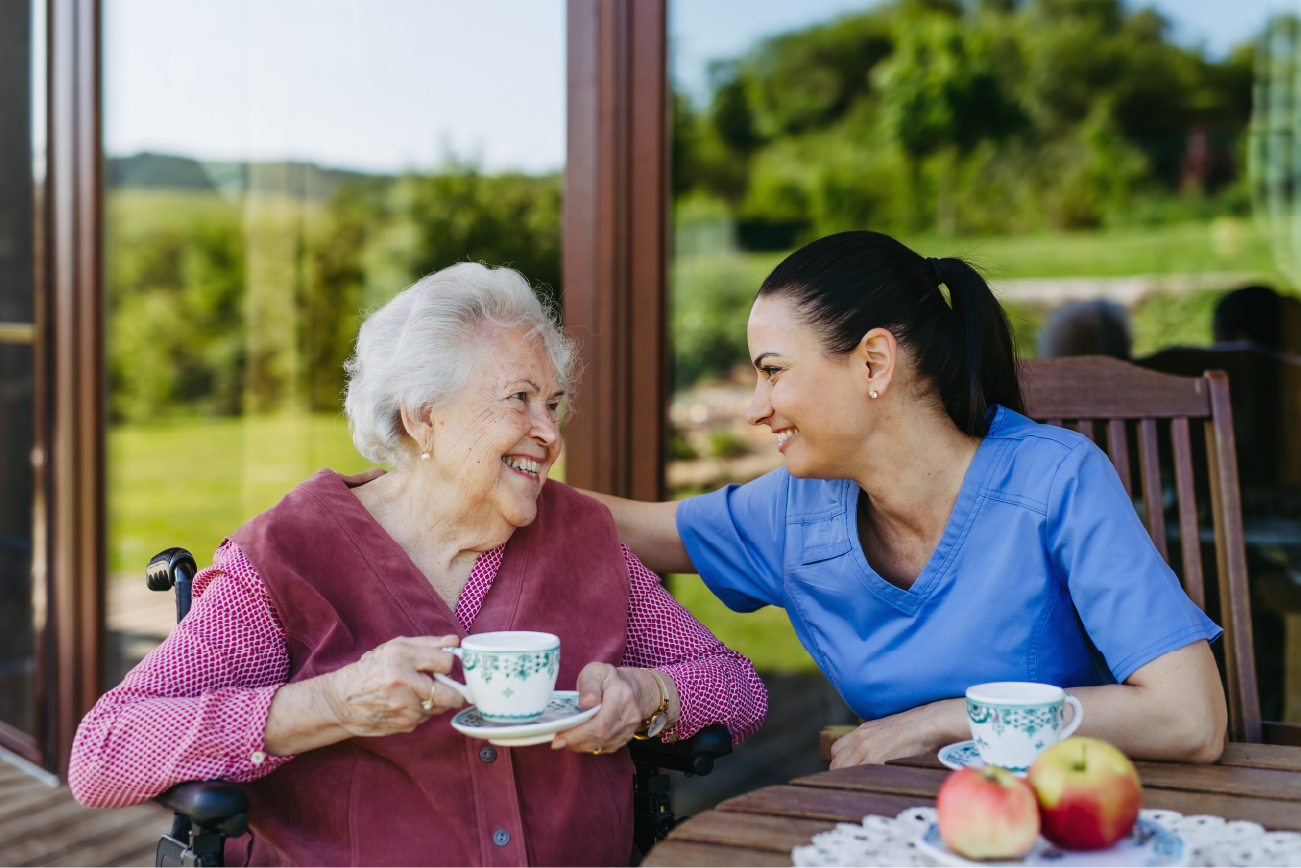
Making the move from independent to assisted living is a significant life decision—for both...
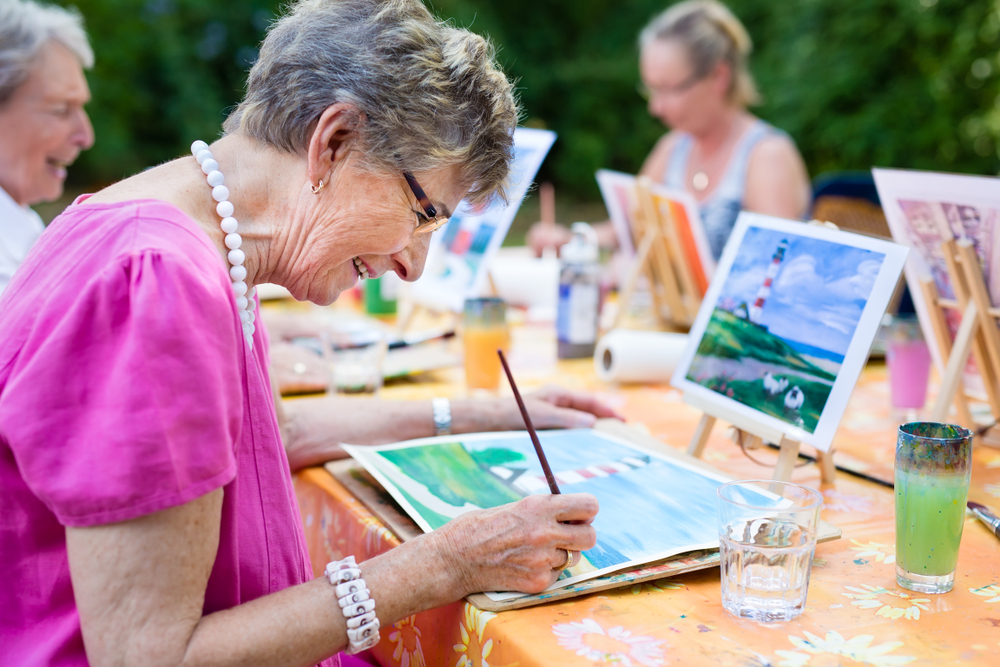
As you embrace independent living, staying socially active becomes a cornerstone of a fulfilling and...

Making the move to a senior community is a significant change, and it’s natural to feel a little o...
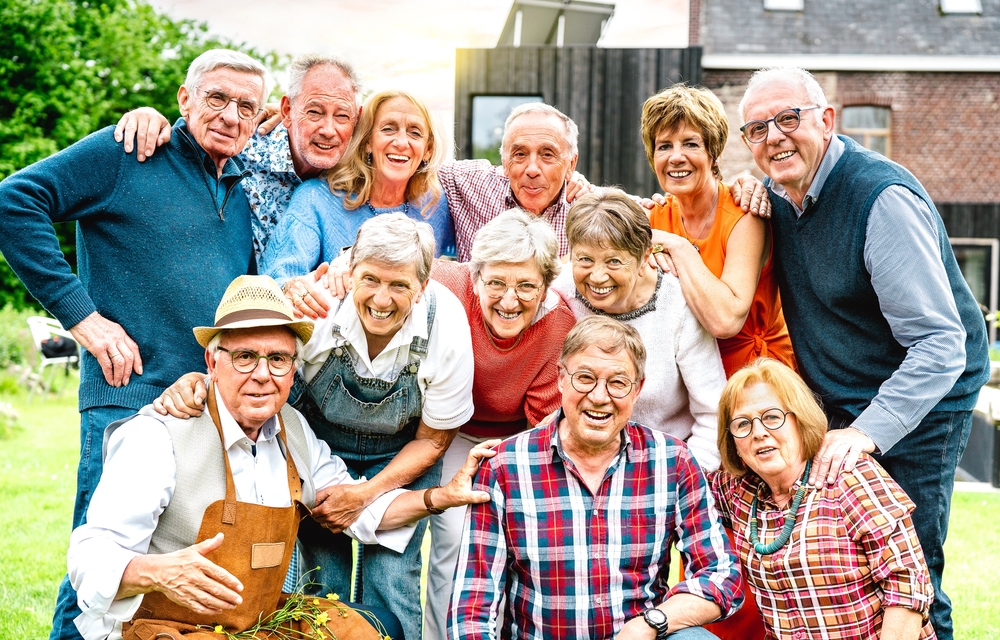
As you journey through this wonderful stage of life, finding a comfortable, secure, and engaging pla...
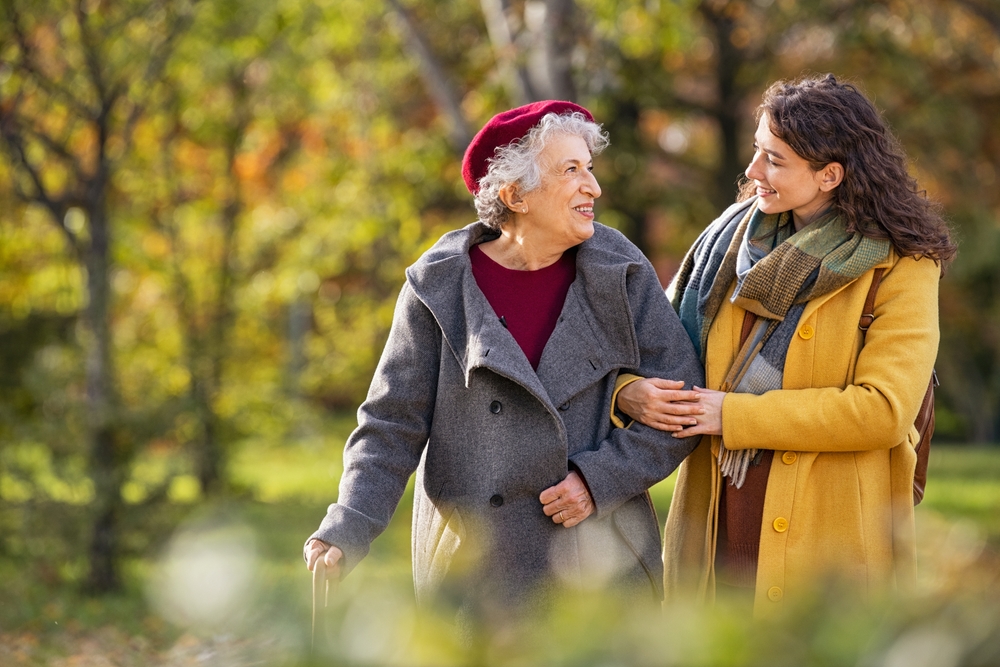
Home visits can be a blend of heartwarming nostalgia and the subtle realization that your parents mi...

Deciding on the most suitable living arrangement as we navigate our way through our golden years inv...

Moving to a senior living community is an exciting time, with opportunities for friendship, social c...
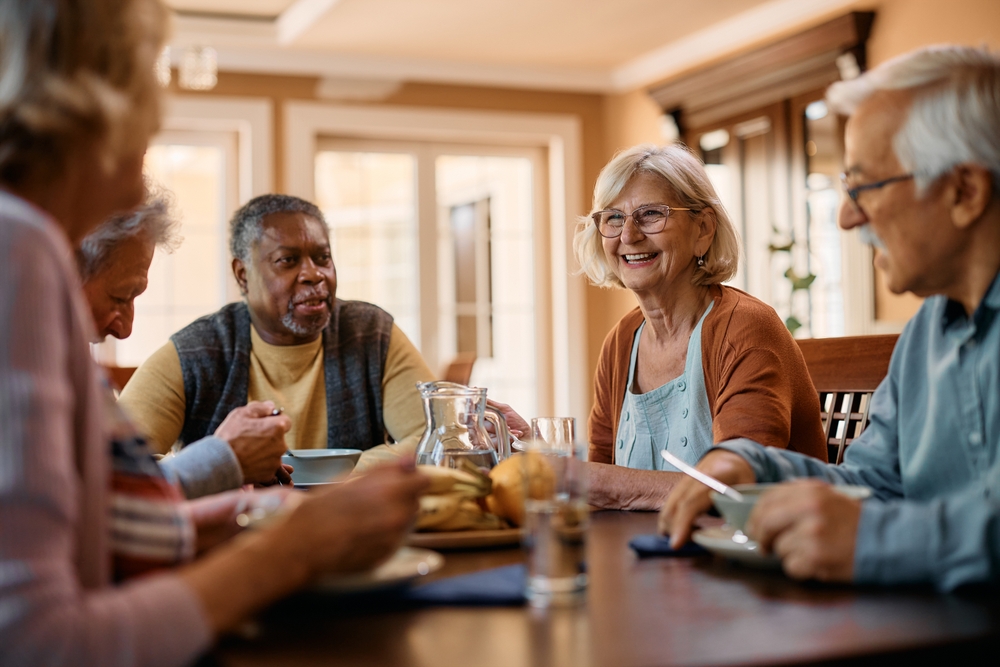
Making the move to a senior retirement community is a significant life decision. With so many option...

Visiting home is a nostalgic, emotional experience that transports you back to childhood. The famili...